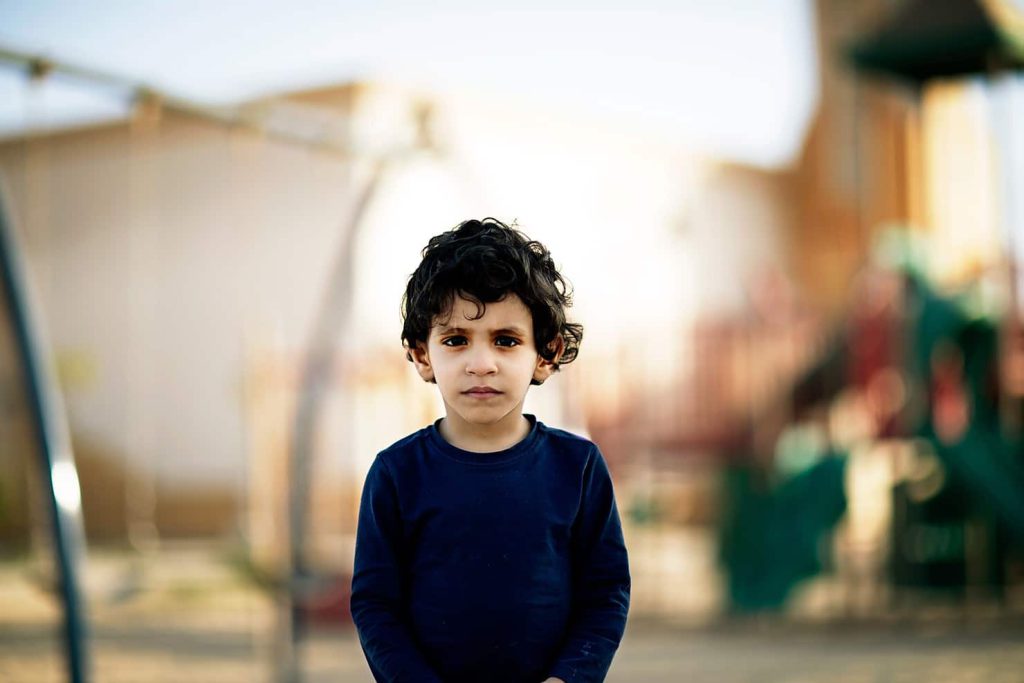Signs of low self-esteem in my child: how to spot them
Self-confidence is built from birth, in the bonds between the baby and his parents, and will continue to be built throughout childhood. Especially in family interactions but also in social interactions. So what are the signs of a lack of self-confidence in my child and what are the tips to boost it?
5 signs of a lack of self-confidence to observe
- Constantly seeking approval and the presence of a parent
- Lack of initiative and reluctance to do things independently
- Fear of reaching out to other children or trying a new game
- Low self-esteem and feelings of incapacity
- Fear of being wrong and of being judged
By observing and listening to your child, you will be able to see where he or she lacks confidence and then suggest solutions.
If you feel that your child’s lack of confidence is affecting him or her, then you should not hesitate to seek help, talk to the teacher or a health professional.
Self-confidence is developed
Self-confidence is not a given for all children.
A child’s temperament and theattitude of those around him play a role in building confidence. Some children learn by trying and build confidence through mistakes and risk taking.
Other children learn first by observing. They prefer known environments, will fear failure more and therefore take less initiative, which can slow down the development of self-confidence.
Self-confidence or self-esteem?
Often used as synonyms, they are related but different. From one follows the other.
Self-esteem is knowing and recognizing one’s strengths and limitations, being aware of one’s value. To have a good self-esteem, it is therefore necessary to have self-confidence! Self-confidence is built from an early age, particularly by helping a child develop his or her intrinsic potential, his or her own identity.
A child who is confident is more independent and takes more initiative.
We say yes:
– We value and encourage his efforts
– They are encouraged to explore their environment and take part in extra-curricular activities
– First of all, we ask them about their tastes so that they can make choices.
– We let him do things by himself
We avoid it!
– To overprotect him to avoid difficulties
– Conveying fears and anxiety
– Valuing a fact or an outcome more than a process or an experience – Using mockery and personal criticism
The attitude of the people around them plays a major role in building the child’s self-confidence. A child who does things on his own feels pride and develops self-confidence as a result. The sense of security conveyed by parents will also enable a child to embark on life’s journey with confidence. He will not fear being less loved if he fails.
“One of the guiding ideas in the path to self-confidence is to emphasize the process rather than the outcome. Discover our tips here !”
Boost my child’s self-confidence: 3 simple exercises

“My child doesn’t have confidence in himself”, “My child doesn’t dare”, “My child doubts himself”… What are the signs to look for?
In brief:
- Self-confidence begins to develop from the time a baby is born
- Telling your child that you are proud of his or her efforts to help build self-confidence
- A child who has confidence in himself will be more autonomous and will subsequently take more initiative
You want to get some tips and discover 3 simple exercises to boost your child’s self-confidence?
Download our free eBook!
Sources: Naître et Grandir, Au Féminin. Photo @AbuHakeem
https://blog.swimstars.fr/activites-extra-scolaire-enfant/






